iTRAQ/TMT-Based Quantitative PTM Service
Post-translational modifications (PTMs) of proteins are key mechanisms that regulate protein function, localization, and stability, participating in various biological processes such as cell signaling, metabolic regulation, and disease progression. Due to their dynamic nature, low abundance, and diversity, traditional qualitative detection methods often fail to fully reveal their regulatory patterns.
iTRAQ (Isobaric Tags for Relative and Absolute Quantitation) and TMT (Tandem Mass Tag) labeling techniques, as mass spectrometry-based relative quantitation strategies, enable quantitative comparison among multiple samples through chemical isotope labeling, significantly improving quantitation accuracy and analytical throughput. When iTRAQ/TMT technology is combined with PTM enrichment strategies such as phosphorylation, acetylation, ubiquitination, and glycosylation enrichment, it allows for high-precision quantitative comparison of multiple experimental conditions in a single experiment, revealing the dynamic characteristics and biological significance of modification changes.
Griss, J. et al. J Proteome Res. 2019.
Figure 1. Scheme of the Entire Workflow for iTRAQ and TMT
Relying on advanced mass spectrometry platforms (including Orbitrap Fusion Lumos and Q Exactive HF) and extensive experience in omics research, MtoZ Biolabs provides high-sensitivity and high-reproducibility iTRAQ/TMT-Based Quantitative PTM Service for research institutions and industry clients. Through standardized experimental procedures and systematic data analysis, we help users gain deep insights into molecular mechanisms of protein modifications, supporting disease mechanism studies, drug target discovery, and biomarker identification.
Analysis Workflow
1. Modification Type Analysis
Covers multiple types of post-translational modifications, including phosphorylation, acetylation, ubiquitination, glycosylation, SUMOylation, and methylation. Single or multiple modification detection schemes can be selected according to the research purpose.
2. Experimental Design
Using iTRAQ or TMT labeling strategies, multiple groups of samples can be analyzed simultaneously for relative quantitation (4-plex, 6-plex, 8-plex, 10-plex, or 16-plex), ensuring data comparability and reproducibility across conditions.
3. Enrichment and Purification of Modified Peptides
Based on the modification type, multiple enrichment strategies such as IMAC/TiO₂ (for phosphorylation), antibody affinity capture (for ubiquitination and SUMOylation), or lectin affinity chromatography (for glycosylation) are applied to effectively remove non-specific background.
4. High-Resolution LC-MS/MS Analysis
Utilizing nano-flow liquid chromatography (Nano-LC) coupled with high-resolution mass spectrometry (Orbitrap series) to achieve precise identification and quantitation of modified peptides.
5. Bioinformatics and Data Interpretation
Includes quantitative comparison, differential analysis, functional annotation, pathway enrichment, and network analysis to uncover the correlation between modification changes and biological processes.
Service Advantages
1. End-to-End Service
MtoZ Biolabs provides a complete workflow from experimental design, sample preparation, and mass spectrometry detection to data analysis and report generation.
2. High Sensitivity Detection
By optimizing enrichment strategies and instrument parameters and using high-resolution Orbitrap mass spectrometry systems, we can reliably detect low-abundance modified peptides and accurately identify minor modification events in complex samples.
3. Project Customization
Recognizing that each research project differs in experimental design and analytical depth, MtoZ Biolabs offers customized solutions optimized according to specific research goals and sample characteristics to ensure that data precisely address scientific questions.
4. One-Time Charge
Our pricing is transparent, with no hidden fees or additional costs.
Applications
✔️ Signal Pathway Regulation Studies: Analyze dynamic changes of key signaling protein modifications to reveal regulatory networks.
✔️ Disease Mechanism Research: Compare modification differences between normal and diseased states to identify potential biomarkers.
✔️ Drug Mechanism Investigation: Evaluate protein modification changes after drug intervention to identify regulated signaling pathways.
✔️ Systems Biology Studies: Integrate proteomics and metabolomics data to construct multidimensional regulatory network models.
Sample Submission Suggestions
1. Sample Types: Cells, tissues, serum/plasma, or purified protein samples are acceptable.
2. Sample Amount: Each sample should contain at least 100 µg of total protein.
3. Storage and Transportation: Samples should be stored at -80°C and transported on dry ice.
4. Pretreatment Requirements: Avoid high salt, SDS, or other chemical components that may interfere with mass spectrometry detection.
MtoZ Biolabs provides detailed sample preparation and submission guidelines upon request.
Deliverables
1. Experimental overview and workflow description
2. Raw mass spectrometry data files (RAW) and search results
3. Identified modification site list and quantitation results
4. Differentially modified protein statistical analysis
5. Pathway and functional enrichment analysis reports
6. Data visualization figures
7. Customized comprehensive analysis report
Through iTRAQ/TMT-Based Quantitative PTM analysis, researchers can explore dynamic modification changes and functional mechanisms at the molecular level, providing crucial evidence for disease research and drug development. With extensive experience in mass spectrometry analysis, advanced analytical platforms, and professional data interpretation expertise, MtoZ Biolabs offers reliable and high-standard quantitative PTM analysis solutions.
If you are looking for a dependable partner for post-translational modification quantitation analysis, contact MtoZ Biolabs and let us help advance your research to the next level.








